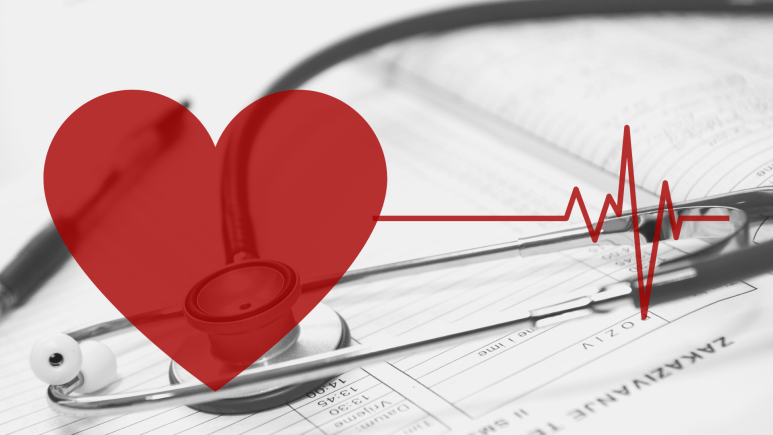
Since I’m married to a philosophy graduate, it perhaps comes as no surprise that I am fond of a good paradox. Substitute the wooden planks of the Ship of Theseus for atoms in the human body, and I’m in my element. There are more practical, everyday examples of a paradox of course, and one which disabled people know well is the paradox of a diagnosis; a diagnosis simultaneously changes absolutely nothing and absolutely everything all at once.
As anyone who has ever experienced an undiagnosed condition will know, without a name to explain the symptoms it is impossible to receive any sort of help for them. Without a diagnosis, medical intervention beyond paracetamol and a pat on the shoulder cannot be “justified” to the bureaucrats in charge of ensuring you don’t cost too much to keep alive. Unfortunately, the problems don’t stop there. Without a diagnosis it is extremely difficult to receive any sort of financial support to compensate for the increased costs of being disabled, and support schemes for education and employment are out of reach. Any legal protections for those with this or that protected characteristic cannot be applied as, from a legal stand point, a lack of a diagnosis means that nothing is out of the ordinary. In real world terms, of course, a diagnosis does not guarantee access to treatment and support, but fortunately the benefits of a diagnosis extend beyond these.
With the plethora of information available at our fingertips, not all of which is to be trusted, looking up a bunch of symptoms is likely to lead to fad diets and bogus treatments that could cause more harm than good. It’s a common joke that WebMD will have you convinced that a mild headache is actually cancer. Searching for a specific condition, however, will likely take you directly to more reliable information from well-established healthcare providers and charities. While these sources can be dodgy, it is much easier to fall for false information when all you can provide in the first place is a list of symptoms.
In addition, there is the psychological benefit to obtaining a diagnosis, something which is frequently overlooked in medical circles. A diagnosis “legitimises” what the patient feels, and tells them that they’re not losing their sanity. Unfortunately, where certain diagnoses are concerned, it is a common opinion in the medical community that providing a diagnosis will cause a patient to develop further symptoms. This was certainly the reason my therapist provided for refusing to support a diagnosis of depression despite the overwhelming number and severity of symptoms, because “I would look it up and decide I had more symptoms on the list”. The fact that an undiagnosed illness left untreated and being allowed to progress will inevitably worsen the symptoms was lost on her, not to mention the fact that it is exceedingly common to have lived with something so long that you consider it to be normal, and only when you see it listed as a symptom do you realise that it is a part of the diagnosis.
It is because of all of the above that patients will persist, sometimes for decades, in pursuing a diagnosis when they are notoriously difficult to obtain. While some believe that the barriers between patients and a diagnosis are there for scientific integrity, the sceptic in me thinks it has a lot more to do with the fact that once diagnosed, the bureaucrats find it much harder to avoid spending their precious gold coins.
With all of this information before you, you’re probably wondering why I believe in the diagnosis paradox; if obtaining a diagnosis is worth all that effort, then how could it have no effect at all?
Simply put, something must exist for it to be diagnosed. Specific antibodies must be produced in the first days of pregnancy in order for a pregnancy test to show a positive result. Cancerous cells must be present in order to diagnose cancer, even if the diagnostic test is looking for something else that can only be produced in the presence of cancerous cells. In both of these cases, the condition was present regardless of whether or not it had been diagnosed; after all, a baby born but not yet named is still indisputably a baby.
It is in this regard that I believe that a diagnosis changes nothing. I had M.E and asthma and endometriosis and gall stones and an astigmatism before I was diagnosed with them, and the symptoms that I felt prior to diagnosis were just as legitimate as those that I experience now. A diagnosis has no direct impact on a condition, and simply serves to identify the pathology that already existed.
Wherever possible, I would encourage obtaining a formal diagnosis. Being able to name something makes it a lot easier to deal with, and so the psychological benefits alone are worth the effort. That said, those who are forced to self-diagnose should not be written off immediately as attention-seeking hypochondriacs; we each know our own body and mind better than any other human on the planet, and a condition will persist whether diagnosed or not because frankly, it doesn’t give a damn what the doctor thinks.
